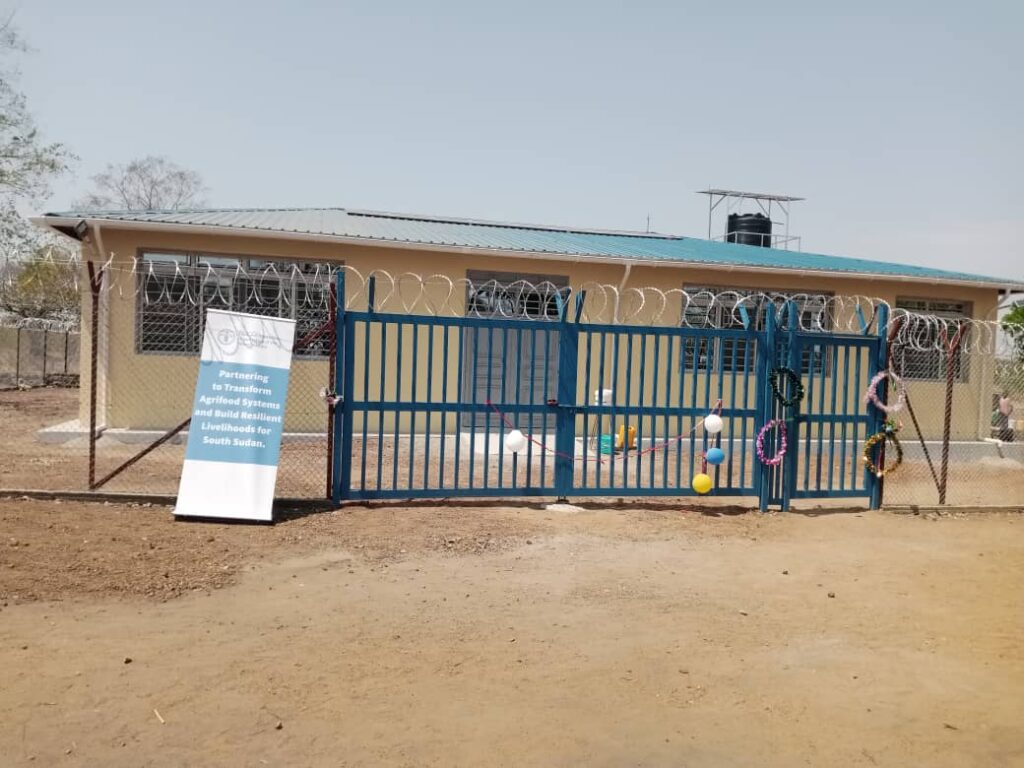The Food and Agriculture Organization (FAO), with funding from Norway, has inaugurated a honey aggregation and processing centre in Domoloto Payam, Wulu County, Lakes State.
The facility, launched on Thursday, aims to support local beekeepers by processing honey for commercial sale. The event was attended by community leaders, women, youth representatives, and government officials.
Maxwell Sibhensana, FAO Juba’s Deputy Director of the Office of Emergency and Resilience (OER), told Radio Tamazuj that the centre represents a significant step forward for the local honey industry.
“This is an opportunity to celebrate the collaborative efforts of the community and its leaders,” he said. “The message to the community is to continue their good work and embrace the new technology for processing honey. The success of this project depends on the commitment of everyone involved.”
Mary Philip Abdallah, a local women’s representative, highlighted the transformative impact of the project on the community.
“We are now earning good money from this business,” she said. “This has enabled us to send our children to school and access healthcare. Many women are no longer dependent on men for survival, which is a positive change.”
Moses Bilal, Deputy Paramount Chief of Domoloto Payam, praised the project for boosting the region’s economic independence and elevating its profile. He thanked the government and FAO for their role in empowering women and youth in Wulu County.
Lakes State Agriculture Minister Poth Majak Daljang, who attended the launch alongside government officials and representatives from donor and humanitarian organizations, described the facility as a milestone for the community.
“This processing and aggregation centre, constructed by FAO, has been handed over to the community today,” he said. “An exhibition was also held to showcase the potential of the honey industry. The community is very excited, and while challenges remain, this centre will also benefit neighbouring areas like Mvolo and Yambio in Western Equatoria State.”
Hannington Sebaduka, head of FAO’s Rumbek office, explained that the centre was established with funding from the Norwegian government. It is expected to process approximately 500 tonnes of honey annually, sourced from around 300 local beekeepers.
The project is seen as a vital step towards improving livelihoods and fostering economic resilience in the state.




